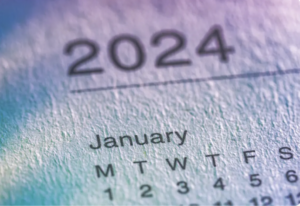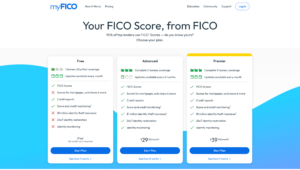
Watch out for this latest scam by debt collectors, especially if you live in Illinois. A debt collector is impersonating the state attorney general in emails that threaten debtors with legal action. This latest scam is targeted at consumers in Illinois but you can bet it will only be a matter of time until it appears in other states.
Scammers are never at a loss for ways to fraud consumers and steal money. Consumers have to be on constant alert.
Some Illinois residents received emails threatening prosecution if they did not pay up. The emails include an attached “final warning” letter stamped with an official-looking seal that alleges the recipient owes money on an outstanding loan and must pay off the balance or face prosecution by the office.
Attorney General Lisa Madigan’s office is currently investigating the scam. “This email is an outright scam,” Madigan said. “Do not respond to anyone claiming to represent my office with demands for money or threatening prosecution. Instead, call our Consumer Fraud Bureau immediately at 1-800-243-0618.”
Apparently, people who may have applied online for loans may be at risk for the scam warned Madigan’s office. Unsuspecting consumers may have provided their personal and financial information to companies that then sell the information to either lenders or, in some cases, scammers looking to use the personal information for profit.
Consumers Dealing with Debt Collectors
Any time a debt collector contacts you, compose yourself and verify the legitimacy of the debt before paying it. It can be unpleasant dealing with a debt collector but if you get a call here are steps you should always take:
1. Let the debt collector know you are unfamiliar with the debt and must verify the legitimacy of the debt before speaking further.
2. Request the name, address and telephone number of the debt collector. Thank the debt collector for the information and then get off the telephone.
3. Send a certified, return receipt letter to the debt collector requesting communication through mail only as telephone communication is inconvenient for you. In the letter also request debt validation.
By law, the debt collector must tell you the amount of the debt, the name of the original creditor and how you should proceed if you think you do not owe the debt. This must be done within five days of the debt collector’s initial contact according to the Fair Debt Collection Practices Act. Unfortunately this does not always occur.
By sending a debt validation request you put the debt collector on notice that you know your rights and that you do not plan on paying an unverified debt.





















